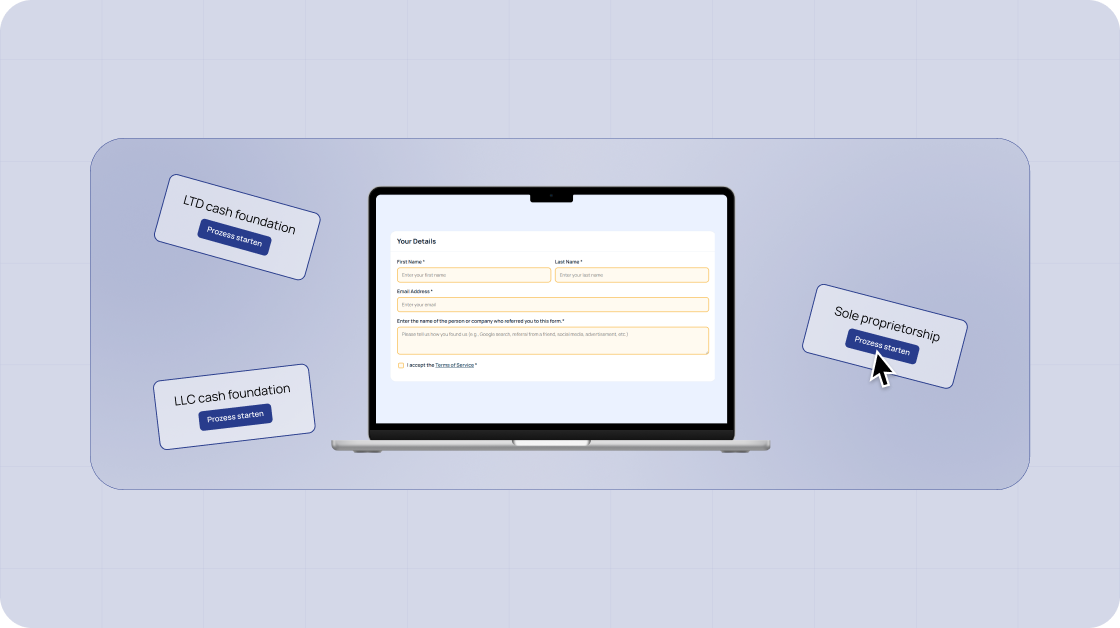The tax-neutral transformation of a sole proprietorship into a joint stock company in Switzerland
The conversion of a sole proprietorship into a joint stock company (AG) in Switzerland can be tax-neutral under certain conditions. This offers entrepreneurs the opportunity to change their business structure without having to fear immediate tax burdens. But how exactly does this process work and which requirements must be met?
What does tax-neutral conversion mean?
A tax-neutral conversion means that the transfer of assets from the sole proprietorship to the newly established AG has no immediate tax consequences. This is particularly attractive for entrepreneurs who want to transfer their business activities into a more legally and financially stable form.
Requirements for tax-neutral conversion
In order to benefit from a tax-neutral conversion, certain legal requirements must be met. These are set out in the Federal Direct Federal Tax Act (DBG) and the Tax Harmonization Act (StHG). But what exactly are these requirements and how can entrepreneurs ensure that they meet all criteria?
Benefits of converting to an AG
Converting into an AG offers numerous benefits, including increased liability limitation and better financing options. But what other benefits are there and how can they help your business grow and stabilize? These should be discussed in detail with a tax advisor.
Questions you should ask yourself
- What steps are necessary to carry out a tax-neutral conversion?
- Which legal and tax documents need to be prepared?
- What potential pitfalls should be avoided?
conclusion
The transformation of a sole proprietorship into an AG can be a strategically important step for your company. However, it is crucial to thoroughly inform yourself and seek professional advice to ensure that all legal requirements are met.
Would you like to learn more about the tax-neutral conversion and how it can help your company? Contact us for advice!
The consultants at MKY Treuhandpartner GmbH will be happy to assist you on this risky journey.
Sources: Art. 19 para. 1 of the Federal Direct Federal Tax Act (DBG) and Art. 8 para. 3 StHG (Tax Harmonization Act)
Disclaimer: The content of this blog post is for informational purposes only and does not constitute professional advice.
Each individual case should be reviewed individually and we recommend that you seek professional advice for specific questions.








